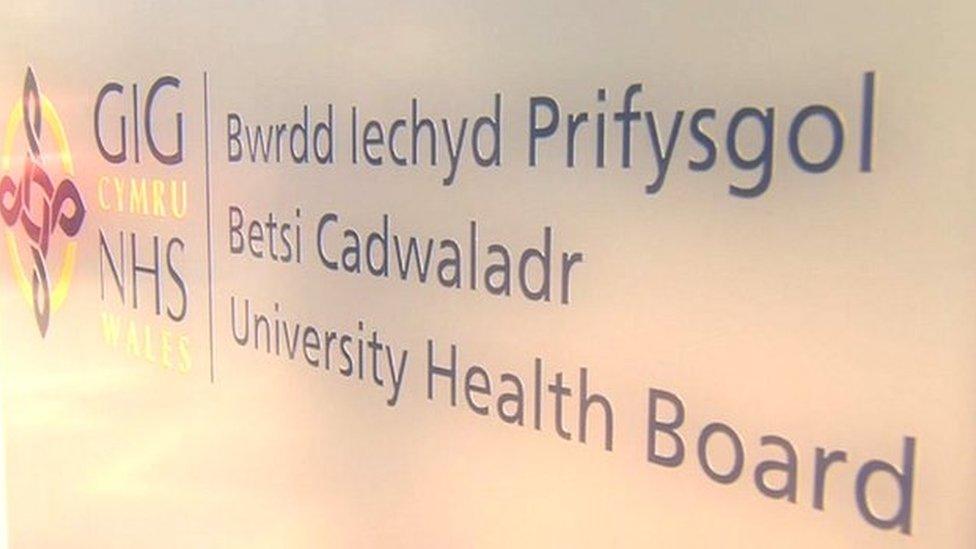Concern at 'spiralling' health complaints to ombudsman
- Published
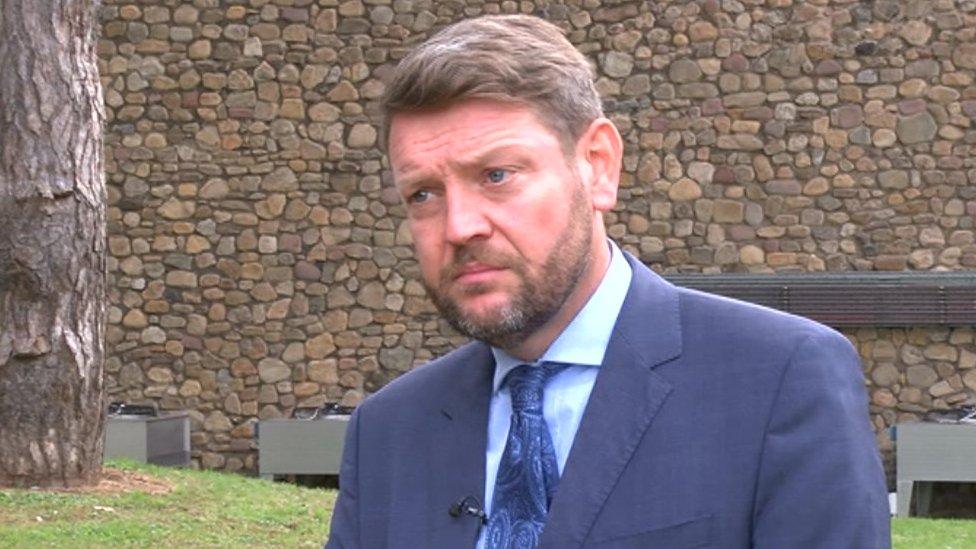
Nick Bennett said healthcare complaints were often complex and sensitive
A record number of complaints have been made about health services in Wales over the last year.
Public Services Ombudsman for Wales Nick Bennett said the "spiralling" number of complaints were a "real concern", as 41% of all cases he deals with relate to health.
There were 927 complaints about health boards, trusts, GPs and dentists in 2017-18, up 7% on the previous year.
The Welsh Government said many more people were treated than complaints.
Delivering his annual report, Mr Bennett said: "Spiralling health complaints are a real concern and they now make up more than 40% of my office's total caseload.
"Many healthcare complaints are complex, sensitive and significant, often involving harm or the death of a family member. They often take longer to investigate than other complaints due to the seriousness of the matters raised and the need for clinical advice.
"When my office finds an injustice, we expect bodies to take on the learning from my investigations - only if they do this are we likely to stem the flow of complaints."
But he added: "I'm afraid that the evidence that we have suggests that there is a cultural problem when it comes to dealing with complaints in the Welsh NHS.
"Why do I say that? We've analysed the data and from what we can see, very few of the complaints have been about surgery themselves."
Mr Bennett's report showed the number of complaints against health boards went up from 676 in 2016-17 to 747 last year.
There were "significant" year-on-year increases in complaints received about Abertawe Bro Morgannwg (121, up 29%) and Aneurin Bevan University Health Boards (121, up 34%), as well as Powys Teaching Health Board where complaints more than doubled to 42.
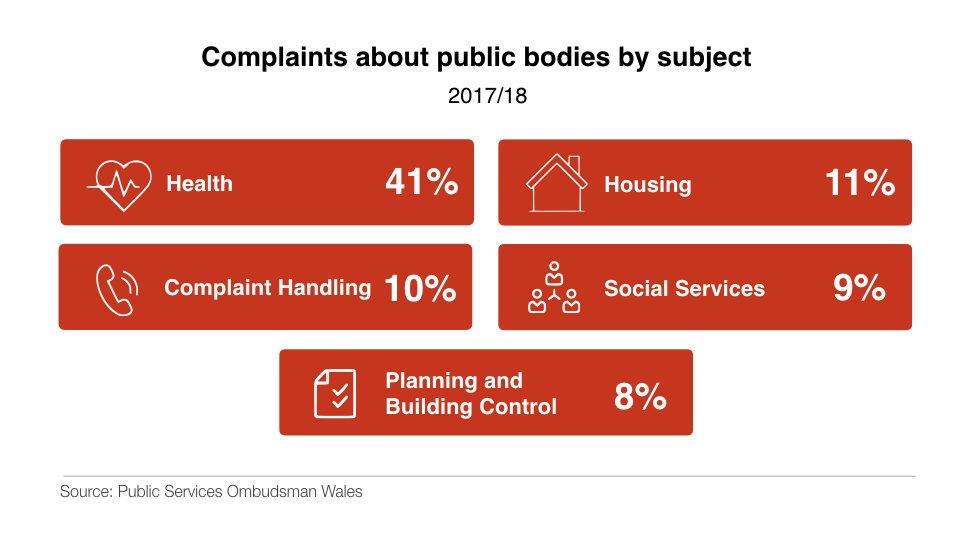
It also found while Betsi Cadwaladr received the most complaints again, there was a small year-on-year fall from 192 to 186.
In total, the ombudsman received 2,253 complaints across all public service sectors, averaging 43 per week, but was 2% down on 2016-17.
This decrease is largely attributed to a 10% fall in complaints about local authority services, however complaints that councillors had breached their code of conduct was up by 14%.
Mr Bennett said complaints about healthcare are "five times more likely to require an investigation than complaints about other public services".
AMs recently agreed to give the ombudsman his own powers to investigate the private healthcare element of complaints involving a mix of public and private healthcare.
A Welsh Government spokesman said: "The number of complaints made in relation to the number of patients treated is very small.
"However we take all complaints very seriously and have a process in place for them to be thoroughly investigated in an open, honest and transparent way.
"We expect all NHS organisations in Wales to learn lessons from feedback they receive."
Vanessa Young, director of the Welsh NHS Confederation said: "We strongly encourage anyone who is concerned about their care or treatment to talk to a senior staff member on duty as soon as possible so their concern can be dealt with immediately."
And Clare Jenkins, chief executive of the Board of Community Health Councils added: "These concerns can be really complex and they can take some time but people don't want to see their concern disappearing into a black hole and not hear for weeks or months.
- Published4 February 2018
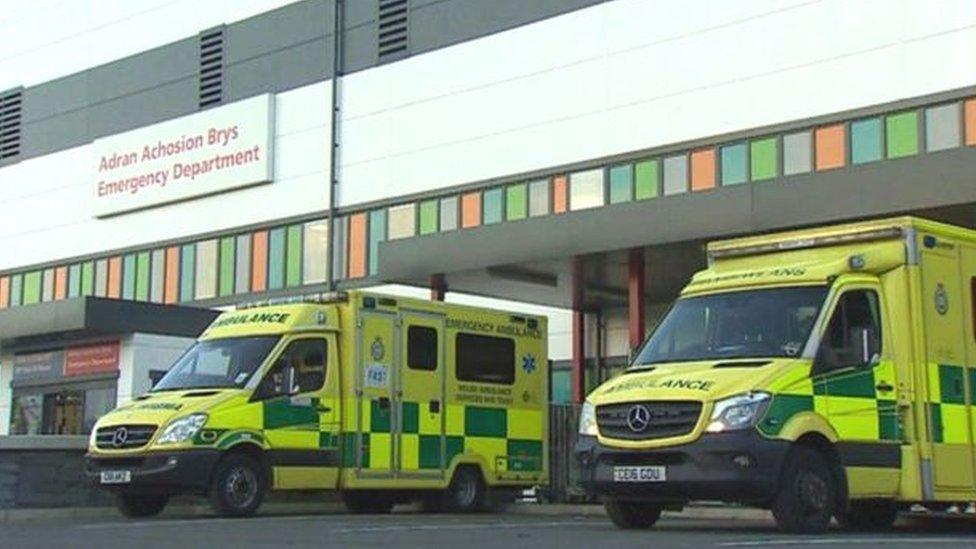
- Published16 January 2018
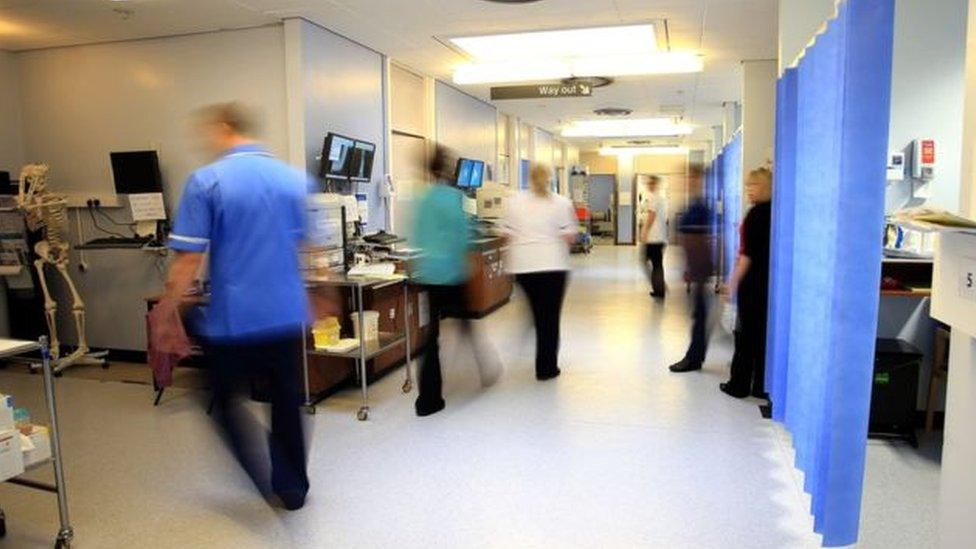
- Published30 August 2017
